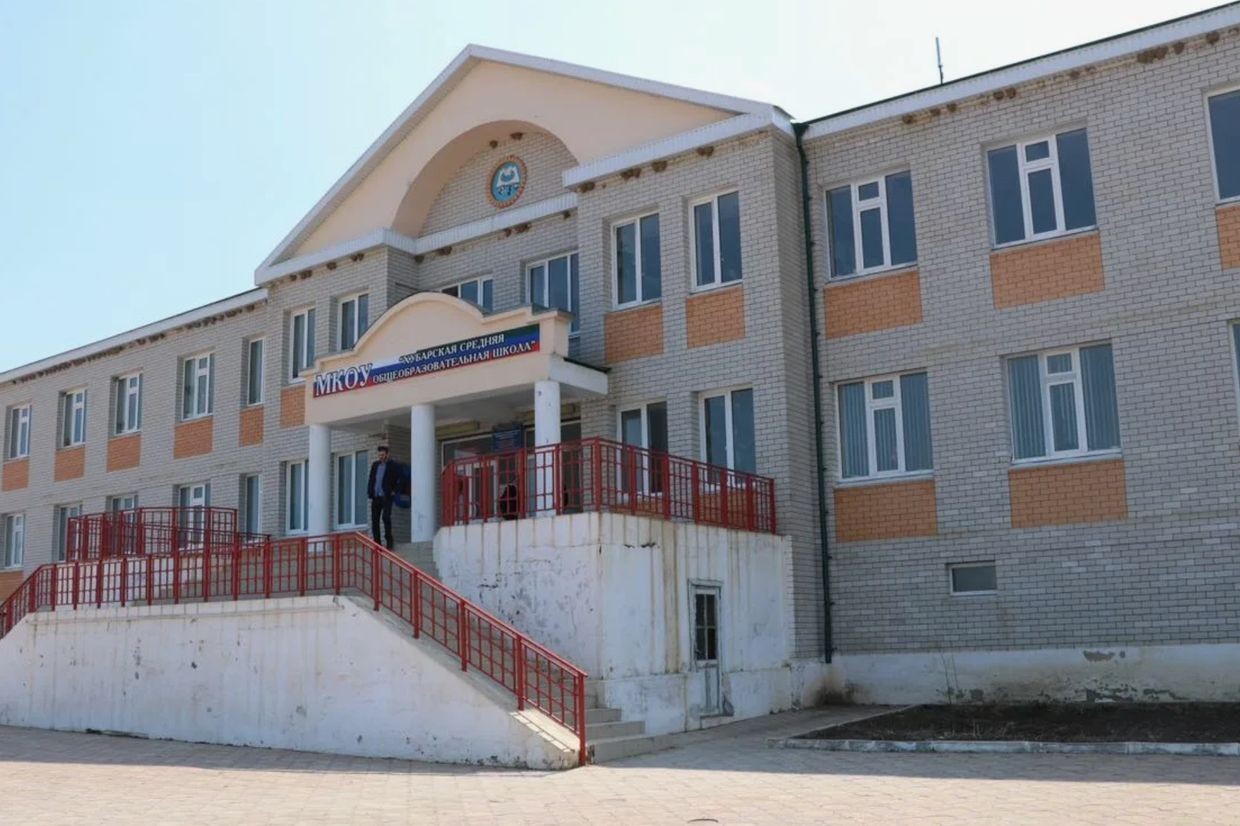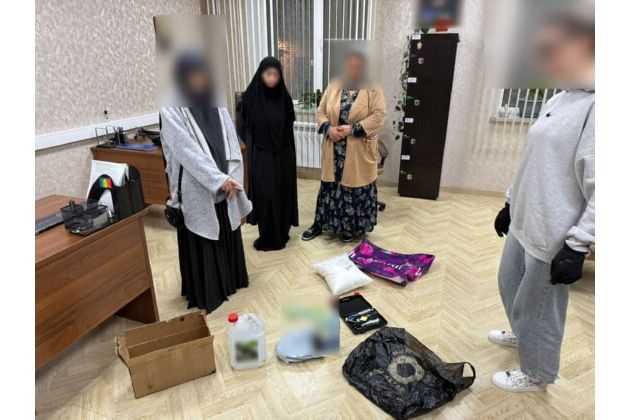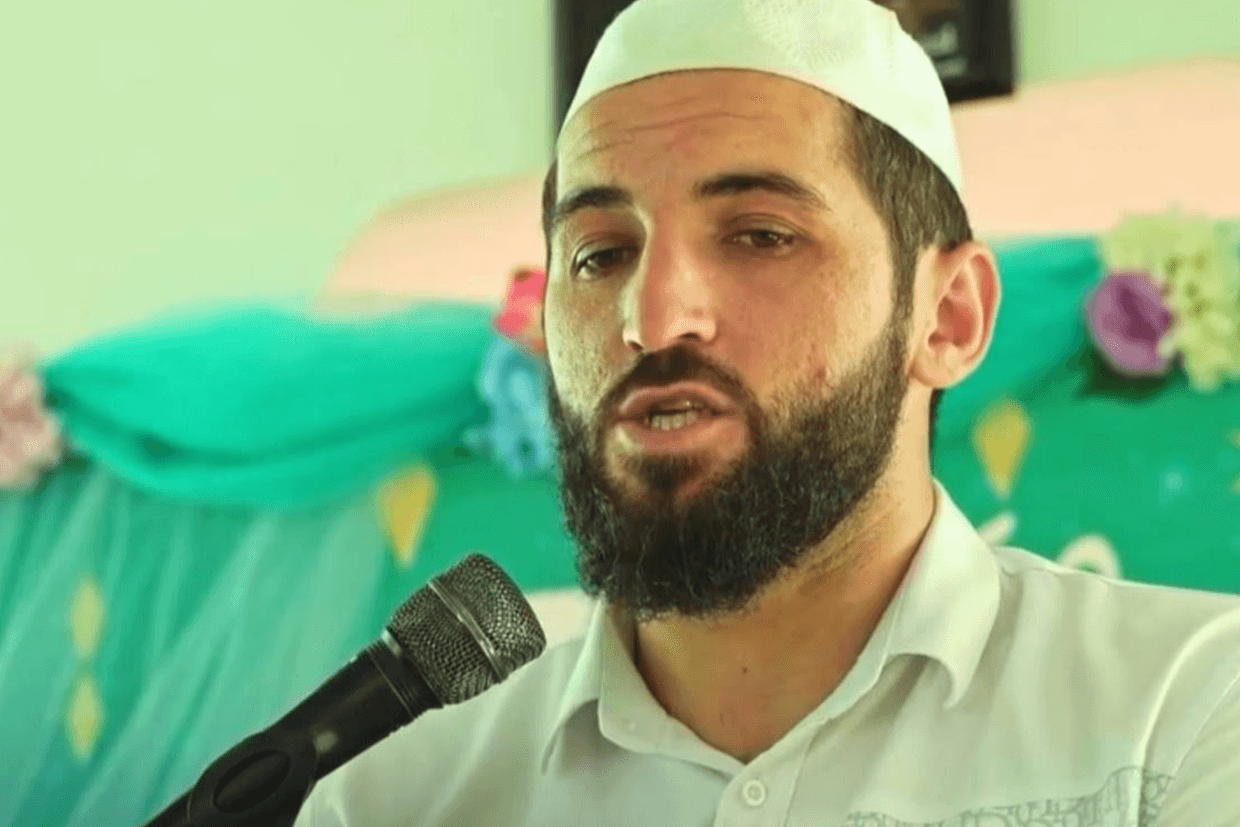
Residents of Khubar village in Daghestan’s Kazbekovsky district are preparing to hold demonstrations in Moscow following the dismissal of the village’s school director related to an alleged land dispute. Previously, the republic’s head, Sergei Melikov, called the ongoing protests in Khubar ‘disgraceful actions’.
The conflict began with the dismissal of school director Magomedrasul Isakov in February, which caused discontent among the teaching staff and villagers. On 17 February, teachers went on an indefinite strike, demanding Isakov's reinstatement and the return of village land that they believed had been illegally distributed by local authorities.
The authorities have brought in teachers from other schools for the duration of the strike, but most parents support the protesters, with many children not attending classes.
In an official statement published 19 February, Melikov characterised what was happening as an ‘artificial conflict’ aimed at discrediting the local authorities with a view to their subsequent replacement. He stressed that such actions violate the right of schoolchildren to education, and threatened the teachers involved with liability.
In response, Saygidpasha Umakhanov, a Daghestani MP in the Russian Parliament, appealed to Daghestani Prime Minister Abdulmuslim Abdulmuslimov, saying that the conflict in Khubar has its roots in land disputes, not politics. He emphasised that Melikov had been misled about the true reasons for what was happening and called on the republic’s leadership to deal with the situation objectively.
An initiative group of Khubar residents, including those currently living in Moscow, filed a notice to picket in front of the Russian Presidential Administration and the Prosecutor General’s Office. The actions are scheduled for 5 and 6 March from 10:00 to 14:00 Moscow time. The organisers intend to express disagreement with the actions of the head of Kazbekovsky district, Gadzhimurad Musaev, accusing him of unauthorised disposal of village council lands and administrative pressure on residents.
The Minister of Education and Science of Daghestan, Yakhya Buchaev, also commented on the situation, noting that the Khubar teachers were involved in ‘intra-municipal and interpersonal conflicts’ that were being transferred to the school environment. He assured the teachers of an objective and fair assessment of candidates for the position of school director, but claimed the staff did not heed his words and continued the strike. Buchaev added that Daghestan’s Supreme Court would assess the legality of the teachers’ actions.
As of publication, there has been no official response from the Moscow government to the picket notification.
The conflict in Khubar is not an isolated case in the region. Such controversies between local residents and the authorities arise regularly in Daghestan, often involving issues related to the management of educational institutions.
In February 2025, a fight between teachers of a local school in the village of Hlyut led to a public outcry. Melikov condemned the incident, calling it an example of the use of the educational process for selfish purposes.
In Buynaksk, after a suicide attempt by one of the students, the school principal was dismissed, which sparked protests from teachers and parents. Melikov characterised these events as inspired from the outside and aimed at discrediting the local authorities.
Land disputes are also a frequent cause of conflict in Daghestan. In the village of Agachaul, a long-running dispute between two families over ownership of a land plot has escalated tensions.
In 2021, residents of the village of Mutsalaul appealed to Russian President Vladimir Putin with a request to help allocate land plots, which are required by law. The villagers complained about refusals from the local authorities and claimed that the new master plan envisaged the use of land only for social facilities, ignoring their needs.
In the Botlikh district, a mass brawl broke out in 2020 between residents of the villages of Ansalta and Rakhata over the ownership of land plots ranging from 30 to 100 hectares. The conflict became so acute that it required the intervention of law enforcement agencies.











